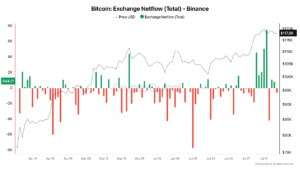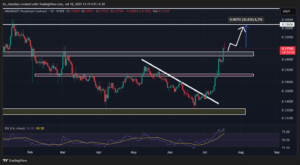Uterine Polyps: Is Surgery the Only Way or Is There a Game-Changing Alternative You’ve Been Missing?
Your age can also affect uterine polyp treatment if you’re postmenopausal and have symptoms
Postmenopause is the time after menopause when you haven’t had your menstrual period for over a year. Doctors may use the strength of the symptoms you’re experiencing (such as postmenopausal vaginal bleeding or pain) and the status of your menstrual cycle to recommend treatment. The risk of developing malignant (cancerous) polyps increases with age and postmenopausal bleeding.
Watchful waiting for uterine polyps
Uterine polyps can be very small – as small as a tomato seed – and small polyps without any symptoms may resolve on their own. After a uterine polyp diagnosis, doctors will likely recommend watchful waiting if you have no symptoms and are of reproductive age.














Post Comment